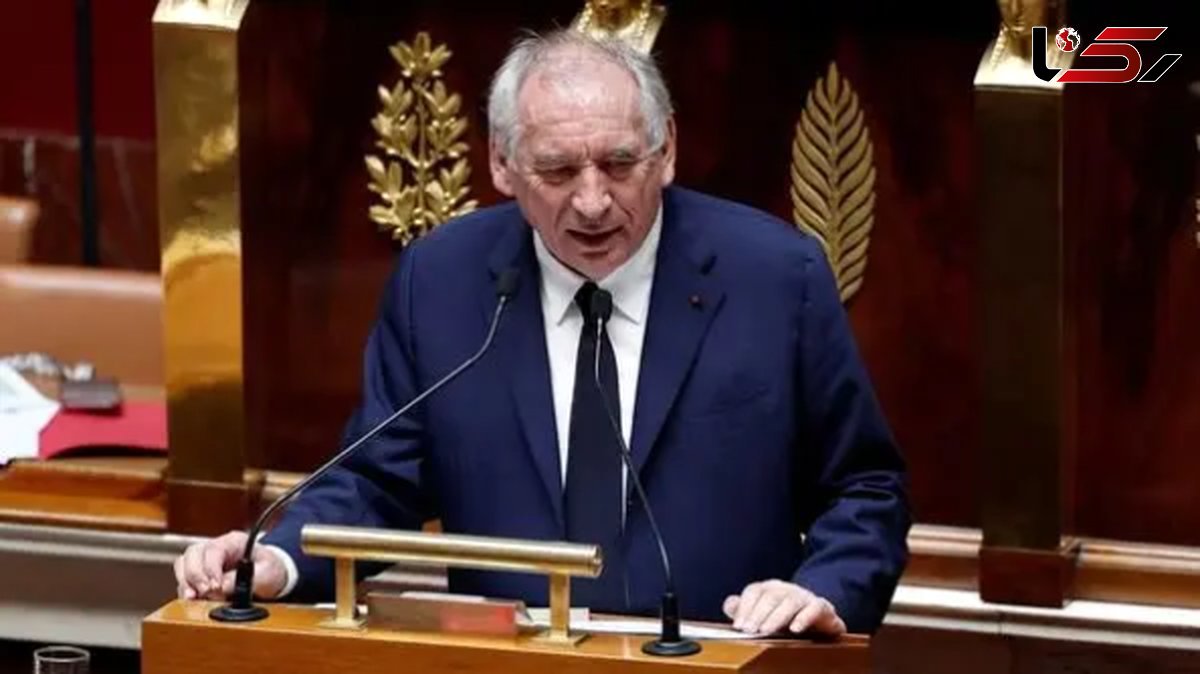French Government Falls
Rokna Political Desk: The fall of the French government following a parliamentary vote of no confidence against Prime Minister Élisabeth Borne has created a new crisis for the country—a crisis rooted in President Emmanuel Macron’s controversial decisions and growing economic and political pressures.

On Monday night, the French Parliament voted no confidence in Prime Minister Élisabeth Borne, plunging the country into a fresh crisis; at a time of rising economic pressures and global geopolitical tensions, France is now left without an official government.
According to Rokna News Agency, during the vote, 364 deputies voted against Borne, while only 194 supported her. The vote was held at the Prime Minister’s own request, aiming to approve her €44 billion austerity plan, which included the cancellation of two public holidays and a freeze on government spending.
However, the outcome far exceeded the 280 votes required to topple the government, ending Borne’s tenure after only nine months in office. She is now obliged to submit her resignation to President Emmanuel Macron on Tuesday.
Borne is the second prime minister in less than a year to be removed by a vote of no confidence; previously, Michel Barnier faced a similar fate in December.
Market Concerns and Economic Crisis
The fall of the French government quickly impacted financial markets. Yields on French government bonds rose above those of Spain, Portugal, and even Greece, which had previously been at the center of the Eurozone debt crisis.
Simultaneously, the possibility of a credit rating downgrade for France on Friday is viewed as a serious threat to the country’s economic standing in Europe.
In a speech prior to the vote, Borne warned deputies: “You have the power to topple the government, but you do not have the power to erase realities. Costs will continue to rise, and the debt burden, which is already unsustainable, will become heavier and more expensive.” She also admitted that “the social contract with younger generations has been broken.”
Deep-Rooted Political Crisis
This political instability traces back to Macron’s controversial decision last year to call early parliamentary elections following the National Rally’s remarkable victory in the European Parliament elections.
The result was a reduction in Macron’s party seats and a strengthening of far-right and left-wing parties, turning the French Parliament into a fragmented and tense body.
With Borne’s fall, pressure on Macron to resign has increased. However, the President has announced his intention to complete his term.
Marine Le Pen, leader of the far-right, has called for the dissolution of Parliament and new elections—elections that many believe would strengthen her party’s position and further destabilize Parliament.
Options Ahead for Macron
One possible scenario is the formation of a caretaker government until a new prime minister is appointed. Names such as Sébastien Lecornu, Minister of the Armed Forces, and Gérald Darmanin, Minister of Justice, are leading options.
Analysts, however, suggest that the position is more akin to a “poisoned chalice” than ever before. The main problem for Macron is that after three failed centrist prime ministers, opposition parties are unwilling to cooperate. Far-right and far-left parties have declared that if a centrist prime minister is appointed again, they will immediately propose a new no-confidence motion. Conversely, selecting a prime minister from the right will face opposition from the left, and vice versa.
Uncertain Economic Outlook
Budget disputes remain one of the greatest challenges. Socialists insist on increasing taxes on the wealthy and canceling business tax cuts—a red line for the Republicans (traditional right), which play a key role in the current coalition.
As a result, France’s financial crisis appears unlikely to be resolved in the short term. According to a recent Elabe poll, in the event of early elections, the far-right National Rally would come first, the left second, and Macron’s centrist bloc would remain third. Many now believe that sooner or later, the far-right will seize power, either now or in the 2027 presidential election.
Risk of Street Protests and International Implications
Public trust in politicians in France has sharply declined, increasing the likelihood of widespread protests. Radical left groups have called for nationwide demonstrations on Wednesday under the slogan “Let’s Stop Everything.” Trade unions also plan to return to the streets on September 18.
These developments come at the worst possible geopolitical moment, with ongoing wars in Ukraine and the Middle East. Political instability in Paris, analysts believe, is an unwelcome gift to Russian President Vladimir Putin and former U.S. President Donald Trump—two leaders who have repeatedly expressed satisfaction with Europe’s weakness.
Send Comments